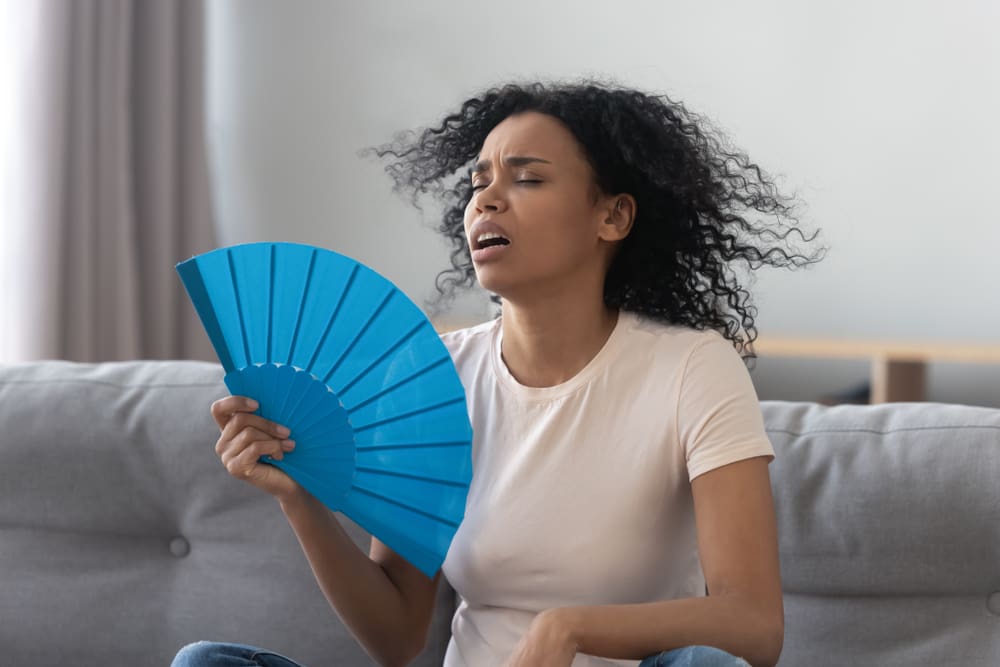Sweating is a natural bodily function that helps regulate temperature. However, for some people, perspiring too much can be disruptive to daily life. This condition, known as hyperhidrosis, can lead to social anxiety and discomfort. While clinical treatments exist, many people seek natural remedies for managing excessive sweating.
Understanding What Makes You Sweat
Sweat glands are tiny pores located throughout your skin. They produce sweat, a watery liquid that cools the body down as it evaporates. Sweating is triggered by several factors, including:
- Body temperature: As your body temperature rises due to exercise, hot weather, or even spicy food, sweating increases to cool you down.
- Emotions: Anxiety, stress, and nervousness can activate the sweat glands, leading to perspiration.
- Hormonal changes: Fluctuations in hormone levels, such as during puberty, pregnancy, or menopause, can contribute to sweating.
- Medical conditions: Certain medical conditions like hyperthyroidism or diabetes can cause excessive sweating.
Natural Approaches to Manage Sweating
If you’re looking for natural ways to manage excessive sweating, here are some options to consider:
Dietary Adjustments:
- Limit sweat-inducing foods: Spicy foods, caffeine, and alcohol can stimulate sweat glands. Reducing or eliminating these from your diet might help.
- Stay hydrated: Drinking plenty of water helps regulate body temperature and reduces the need for excessive sweating. Aim for eight glasses of water daily.
- Electrolyte balance: Electrolytes like sodium and potassium play a role in sweat production. Maintaining a balanced electrolyte intake can be helpful. Consider consulting a doctor before taking electrolyte supplements.
Lifestyle Modifications:
- Clothing choices: Wear loose-fitting, breathable clothing made from natural fibers like cotton or linen. These fabrics allow for better air circulation and moisture absorption.
- Stress management: Techniques like meditation, deep breathing exercises, and yoga can help manage stress and anxiety, which can trigger sweating.
- Cooling strategies: Take cool showers or baths regularly throughout the day. Use cooling towels or fans to stay comfortable in hot environments.
Natural Products:
- Antiperspirants vs. deodorants: Antiperspirants contain aluminum chloride, which blocks sweat glands and reduces perspiration. Deodorants only mask sweat odor. Choose aluminum-free antiperspirants if you prefer a natural approach.
- Astringent topicals: Witch hazel is a natural astringent that can help tighten pores and reduce sweating. Apply a diluted witch hazel solution to sweaty areas like armpits or palms.
- Herbal remedies: Some herbal remedies, like sage or horsetail tea, have anecdotal evidence of reducing sweating. However, more research is needed to confirm their effectiveness. Consult a doctor before using any herbal remedies, especially if you take medication.
Relaxation Techniques:
- Biofeedback: This therapy uses sensors to monitor your body’s responses to stress, including sweating. By learning to control these responses, you may be able to reduce sweating.
- Acupuncture: This traditional Chinese medicine practice involves inserting thin needles into specific points on the body. While research is limited, some studies suggest acupuncture may help manage excessive sweating.
Important Considerations
- Consult a doctor: If your sweating is excessive and disrupts your daily life, consult a doctor to rule out any underlying medical conditions. They can recommend the most appropriate treatment plan for you.
- Patch testing: Before using any topical remedies, perform a patch test on a small area of your skin to check for allergies.
- Individual effectiveness: Natural remedies may not work for everyone, and their effectiveness can vary from person to person. Be patient and experiment to find what works best for you.
Conclusion
Excessive sweating can be challenging, but incorporating natural remedies into your routine can help manage it effectively. Remember, a healthy lifestyle with stress management techniques and dietary adjustments can go a long way. If natural approaches don’t provide sufficient relief, consult a doctor to explore other treatment options.
This story was created using AI technology.










